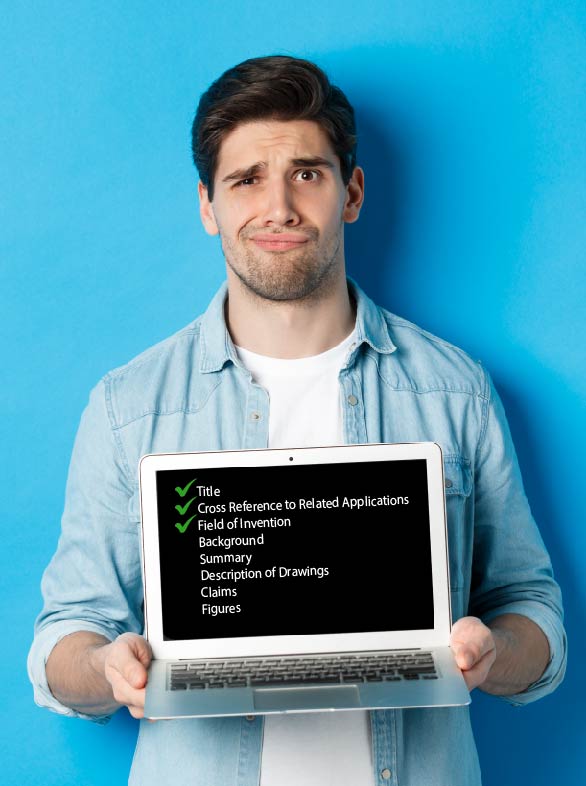
How to Protect eLearning Content Deployed in Corporate Online Training Programs
Private corporations are expected to greatly increase their use of eLearning systems to train employees over the coming decade. Lessons in remote working learned during the COVID-19 pandemic, as well as the development of digital technologies enabling personalized eLearning services, are driving the value of the global corporate eLearning market to nearly $400 billion USD by the year 2030.
Our technological solution for translation services makes us an effective partner for companies developing eLearning content to train employees across foreign language barriers. This solution provides highly accurate translations of technical documents, allowing companies to provide their employees with localized learning management systems (LMS) across multiple languages. Our years of experience in applying these digital translation technologies to foreign patent application filings prepares us well to produce faithful representations of original documents having highly technical wording.
Copyright Considerations for Protecting Your Valuable eLearning Content
Our expertise as a vendor of intellectual property (IP) filing translations also makes our company sensitive to many of the IP considerations that most corporations will want to consider when developing online training programs that are deployed across borders. The technical knowledge and know-how being transmitted across your company’s LMS carries a value that should be carefully protected.
Companies developing multilingual eLearning content will have several forms of original works of authorship fixed in a tangible medium of expression. The written, graphic, and even animated or video recorded content developed for online learning platforms will typically meet the threshold requirements for copyright protection in the 180 nation signatories to the Berne Convention, an international treaty on copyright law that has been in effect since the late 1800s.
Copyright notice is no longer a requirement in most Berne Convention countries, but some corporations are using legal language accompanying the © symbol to better inform those viewing eLearning content about their rights and responsibilities. Simply placing “© All rights reserved.” at the bottom of online learning modules gives an indication that you are willing to protect your eLearning content. Companies can also adjust this language to inform readers that third parties can reproduce eLearning content with proper attribution, or that the company is taking an open-source approach to their training materials.
Take Advantage of Copyright Registration Options Providing Protection on a Budget
Multinational companies that are leveraging a multilingual eLearning system to deliver employee training may also want to consider the impact of the work for hire doctrine in foreign countries. In the United States, if content is created by an independent contractor with enough control from the employer, the independent contractor does not obtain copyright protections to the creative work. If a company contracts with local experts to develop foreign language lesson materials, those companies should look into the application of work for hire doctrine in those countries to better understand their copyright obligations.
Although some copyright protections arise as soon as original eLearning content is published digitally, monetary damages for infringement are only available in jurisdictions like the United States if the copyright has been properly registered. Companies who want the benefits of copyright registration should explore group registration options. The U.S. Copyright Office offers a group registration option for unpublished works that allows applicants to register ten original works with a single application. Companies can save a lot of money on their budgeting by taking a proactive approach to registering the copyright for eLearning modules and content before publishing them via employee training programs.
Our solution for translating and localizing technical documents into many languages with a high degree of accuracy makes us a great partner for multilingual eLearning interests. We look forward to hearing how we can meet your translation and IP needs on your road to business success.












